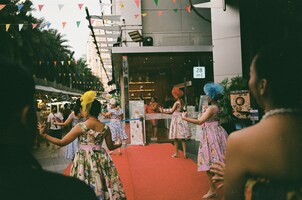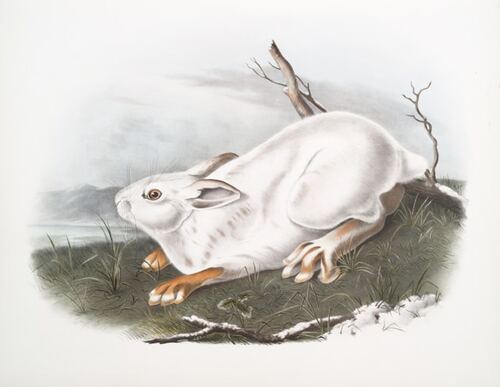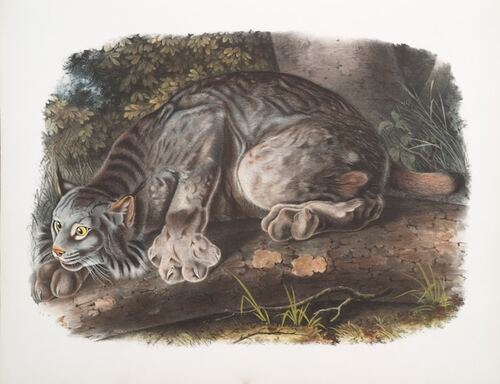Embracing Traditions
Individuals can experience rich traditions across different eras by being part of Hispanic celebrations. Celebrations bond diverse groups while bringing cultural activities within reach to all people. The holidays speak for themselves through Día de los Muertos in celebration of the dead and through the celebration of survival via Carnaval. Groups of people celebrate the Hispanic holidays through a web of relatedness and respect that creates communal experience while transcending borders and inciting the curiosity of others.
Hispanic celebrations are more than festivities since they celebrate fundamental values inherent in traditions. Learning about multicultural celebrations can make people think differently and lead to lower tolerance levels in groups. People form understanding bridges through their tolerance of common traditions and enhanced social cohesiveness and respect towards each other.
Family Connections
All Hispanic celebrations find their central foundation in family relationships. During Nochebuena and Las Posadas celebrations, the entire family comes together, including young children and elderly grandparents who represent multiple generations of extended family members. Family celebrations help maintain language and stories while teaching vital traditions to upcoming generations, which creates a sense of continuous unity. The research on American Latino Las Posadas celebrations shows that family involvement helps preserve identity and unity throughout all locations where these traditions are practiced.
Family reunions teach essential values of courtesy, appreciation, and generosity while developing strong community bonds.
Culinary Heritage
Through Hispanic celebrations, the dinner hour transforms into a cultural representation that goes beyond food. Tamales, arepas, and flan have carried historical stories about migration, family celebrations, and adaptation across different generations. Preparing and consuming these foods establishes a communal space, which brings people together at the table to build stronger relationships.
These recipes hold special meaning to people because they represent different cultural traditions of Hispanic heritage. The shared eating experience creates personal connections for those who encounter these traditions for the first time.
Festivals and Gatherings
Individuals can experience rich traditions across different eras by being part of Hispanic celebrations. Celebrations bond diverse groups while bringing cultural activities within reach to all people. The holidays speak for themselves through Día de los Muertos in celebration of the dead and through the celebration of survival via Carnaval. Groups of people celebrate the holidays through a web of relatedness and respect that creates communal experience while transcending borders and inciting the curiosity of others.
Music and Dance
Music occupies a key position in dance performances in all Hispanic celebrations. Through their dancing and music arts of salsa, merengue, mariachi, and flamenco, the arts convey messages and express personal identity and unity between individuals. Their vitality serves as a bridging point between cultures and extends to welcoming new participants to the rhythmic occasion. The cultural arts have impacted the development of art and popular cultures worldwide and are recognized easily anywhere in the world.
Spiritual Roots
Religious convictions and traditions are central to the majority of Hispanic festivities. Holy Week and Día de la Virgen de Guadalupe combine Indigenous practices with Catholic religious observances. According to Pew Research, the spiritual festivities are deemed comforting and reconciling to Americans of Latino origin, as they are particularly significant for those who emigrate and those left behind in their native land. Such unique celebrations reflect and foster common respect and positivity as they bring people from diverse backgrounds and ages closer together.
Preserving Culture
The devotion to protecting Hispanic celebrations persists, although our world is undergoing accelerated changes today. Traditional practices are being made available to individuals who are remote from their cultural sources via technology, communal festivities, and internet accounts. Academic institutions, religious institutions, and cultural centers provide educational activities that teach the traditions to older community members and newcomers.
Global Influence
The different elements of Hispanic festivities, such as music, food, and tales, are now part of the common heritage of countries across the world. Non-Hispanic individuals participate in festivities to share diverse viewpoints while still upholding the authentic spirit of the traditions.



